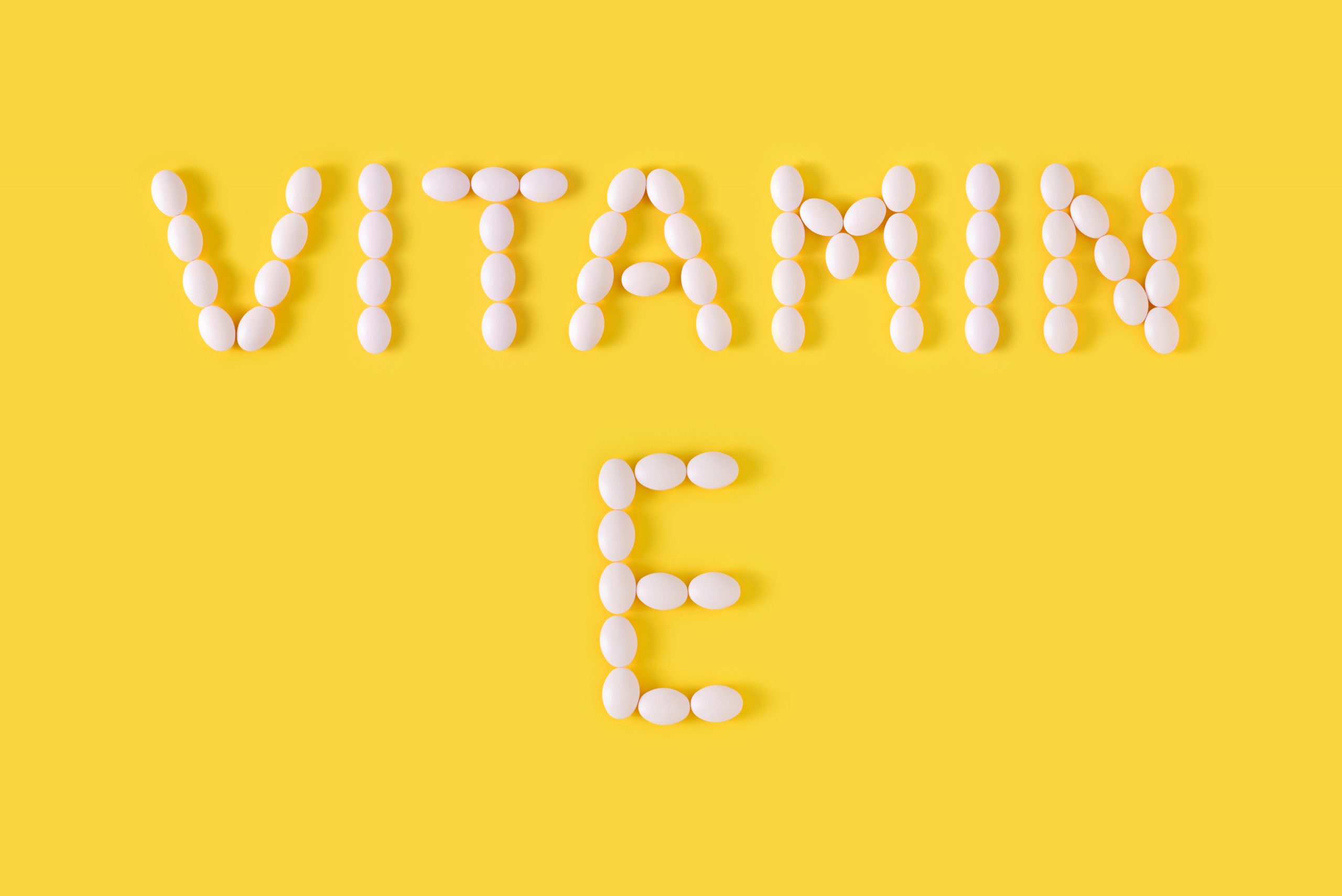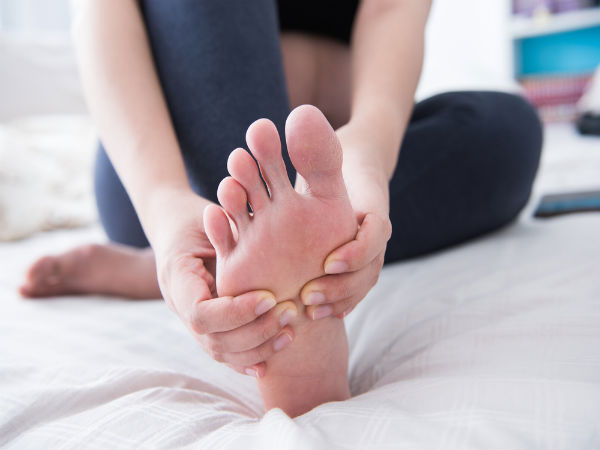You have thousands of fungi and bacteria, plus a handful of viruses, living in your body right now. They are responsible for your overall health.
That’s right:
Scientists continue to shed light on the importance of maintaining a healthy balance of the microbes in our gastrointestinal system, or gut for short, to prevent illnesses affecting other systems in our bodies.
But what is our gut? How can we improve gut health naturally so we don’t have to add a list of other medications to what we already take?
Plus, why would taking a green lipped mussel supplement like GLX3 help?
It’s no surprise what you put into your body will affect the processes going on inside.
Read on to see how you can improve your gut health without drugs or medication!
What do we mean by ‘gut health’?
The microbes above may sound like nasty organisms you want to avoid, but together they make up the microbiome lining your gastrointestinal tract.
Look at it this way:
If your body is the Star Wars universe, ‘probiotics’ would be the Light Side of the Force. To optimize health, you want them to make up 80% of the bacteria in your gut.
These guys help your body perform various functions involved in your immune system, your digestive system, and your mental health running efficiently. So, when the balance gets out of whack, you feel it all over!
Now, you’re probably thinking:
My gut bacteria can’t possibly play a role in fighting illness, ridding my body of toxins, and maintaining positive moods.
It’s true! Scientists believe around 500 different species of bacteria live inside our gut, with estimates reaching up to 1000.
And more is better, as the more diverse this microbiome is, the healthier we are and the better our body can digest, produce energy, and fight off health risks.
But completing just one antibiotic treatment can reduce the level of bacteria diversity, alter gut health, and increase your susceptibility to infection!
This is why you’ll want to check out the signs for an unhealthy gut below and use our natural solutions to rebalance your gut flora.
How do we know when we have an imbalance in gut bacteria?
You may experience symptoms caused by an imbalance in good and bad bacteria and not think of your gut as the source of your problems. Because the bacteria in your gut play such an important role in keeping other systems healthy, however, you need to consider it.
Here are 5 of the more common signs you need to improve gut health:
- You’re experiencing itchy and inflamed skin rashes.
Blotchy skin, eczema, and inflamed skin are all signs your digestive system needs help. Breaking out with acne is another sign you need to clean up your diet and put some more healthy gut flora to work.
- You feel anxious and depressed, and you’re sleeping less.
Your brain isn’t the only structure that influences your mental health. In fact, your gut produces up to 90% of the neurotransmitter serotonin, and decreased levels can affect mood, sex drive, and sleep habits.
- You’re gaining or losing significant body weight and/or craving sugary foods.
Excess yeast in your system can cause you to crave sugar, while a low level of certain microbes can result in inefficient processing of nutrients, causing you to lose weight. Other microbes burn up calories more effectively than others, so an imbalance here will cause you to put on the pounds.
- You have developed an autoimmune disorder.
Scientists and doctors have linked poor gut health to symptoms from acid reflux, colitis, Crohn’s, and related disorders like irritable bowel syndrome and inflammatory bowel disease.
- You’re experiencing gastrointestinal discomfort (upset stomach, heartburn, constipation, diarrhea, etc.).
We saved the most obvious for last. If you’re experiencing bloating and indigestion after meals, this may be a sign that your digestive system is struggling to process the carbohydrates or nutrients you’ve consumed due to an imbalance in good and bad gut flora.
There at-home test kits and tests you can run with your doctor to better understand how an imbalance in gut bacteria is causing these symptoms.
So, how do we prevent these symptoms from occuring?
Focus on your diet.
Start with GLX3.
Why does GLX3 make a good gut health supplement?
If you’ve read our post about the New Zealand Olive Oil or green lipped mussels we use as two of our three natural ingredients, you know GLX3 contains high levels of healthy omega 3 fatty acids.
Aside from helping to decrease inflammation in your joints and muscles, research suggests increasing your omega 3 intake enhances your gut microbiome composition by increasing bacteria producing a short-chain fatty acid called butyrate.
Butyrate plays an important role in maintaining gut health. It provides the energy needed by components of the digestive system to function, regulates gene expression, and helps control inflammation!
This leads scientists to believe increasing omega 3s like those found in GLX3 benefits patients with chronic illnesses, including those related to the gastrointestinal (GI) tract and digestive system!
Other ways we can increase good bacteria in our guts naturally
In addition to adding an omega 3 supplement to your diet, there are other ways to change your diet to improve gut health.
By eating a variety of different foods, you can also promote a diverse microbiome!
Here are our favorite foods to eat for improved gut health:
- Eat foods high in fiber, like beans and certain fruits
- Eat foods high in prebiotics like vegetables, fruits, and whole grains
- Eat foods high in probiotics like fermented foods (yogurt, kefir)
- Skip out on the high sugar flavored versions of these fermented foods and stick to plain yogurts
For more information on how GLX3 can help you reduce stomach discomfort, read our post about its protective effects on the stomach lining for those undergoing chemotherapy!



















